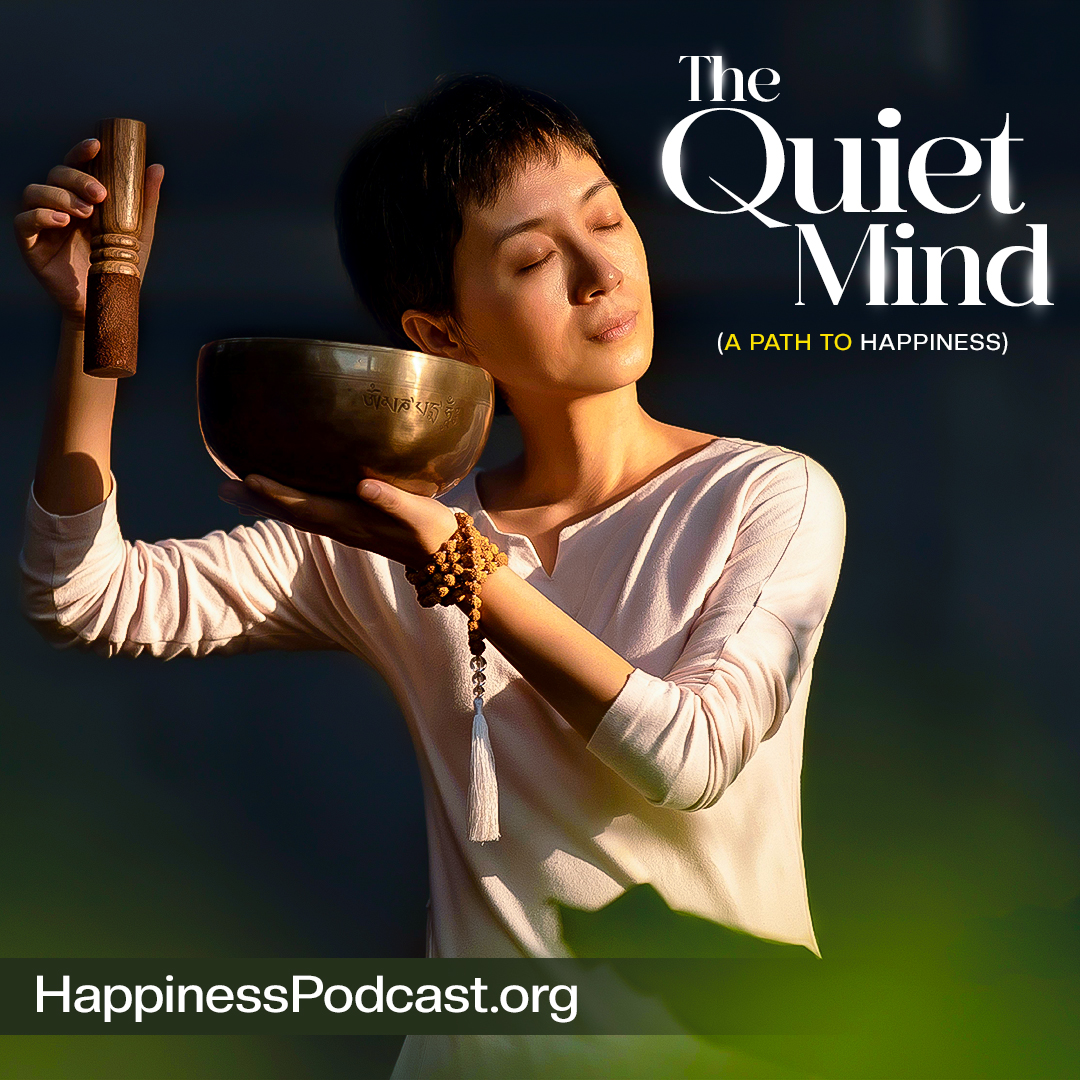Seeing Others As Crippled, Not Evil
The phrase “seeing others as crippled, not evil” suggests a fundamental shift in how we perceive people often stigmatized, misunderstood, or labeled as bad. Here’s a breakdown of what this perspective might entail:
- Challenging Assumptions about Evil
- Evil as a label:“Evil” is a weighty term often used to dehumanize people,especially those whose actions differ from accepted social norms. Seeing others as “crippled” (a broader term that could encompass disability, mental illness,trauma, etc.) re-centers the conversation on the experiences and challenges they face instead of simplistic good vs. evil labels.
- Understanding motivation: Recognizing people as potentially limited by their circumstances reframes their actions within a larger context. Instead of instantly condemning a harmful act, the focus shifts to understanding what might have caused it. This perspective doesn’t excuse behavior but attempts to uncover root causes.
- Crippled vs. Disabled
- Intentional language: While the idea aims for sensitivity, using the word “crippled” itself may cause offense to many. Perhaps a more respectful way to convey the same idea might be “seeing others as wounded, disadvantaged, or limited.” It’s important to be mindful of how language influences our thoughts and respect how those who may be struggling prefer to be identified.
- Focusing on Humanity
- The dangers of dehumanization: Historically, labeling people as “evil” has tragically justified exclusion, discrimination, and even violence. Emphasizing a person’s limitations or hardships (be they physical, emotional, or circumstantial) keeps their humanity at the forefront of our minds.
- Recognizing Shared Struggles: Everyone faces limitations in some form.”Crippled” becomes a broader, metaphorical perspective of the universal struggle, allowing for greater empathy and connection.
- Compassion and Opportunity
- Focus on Help over Condemnation: Instead of quick judgment, viewing someone through this lens creates space for helping them instead of punishing them. This is not about justifying actions, but recognizing that support and solutions may be more productive than vilification in some instances.
- Potential within Limitations: Many people navigate significant life challenges yet also possess incredible strengths, perspectives, and talents. This outlook creates possibilities for growth, rehabilitation, and recognizing that anyone may offer value regardless of their difficulties.
Important Considerations:
- Avoiding Generalizations: Every person is unique, regardless of labels like “disabled” or “mentally ill”. Stereotypes and blanket assessments are harmful. Any approach like this should focus on individual circumstances and the nuances involved.
- Not Disregarding Responsibility: Acknowledging challenges faced doesn’t mean people aren’t held accountable for their choices and actions. The complexity of accountability in conjunction with a desire to understand underlying motivations is where careful thought and dialogue are essential.
Overall, “seeing others as crippled, not evil” encourages a move away from stigmatization and encourages greater empathy, focus on potential, and the possibility of redemption based on a better understanding of the situations surrounding others.
New Happiness Podcast episode with Dr. Robert Puff, Newport Beach Psychologist
🎧 Listen to all Episodes of the Happiness Podcast NOW! https://www.HappinessPodcast.org
💛 Do you ever wonder what it takes to lead a peaceful, happy life? Are you curious about the specific steps involved in a self-actualized, limitless life? Are you struggling with anxiety or depression? Or are you just plain tired and want some help?
➡️ I explore all these concerns and more every week on the Happiness Podcast, which has been downloaded over 17 million times since its inception. Happiness does not happen by chance, it happens when we take specific actions in our lives to create it
💯 Welcome to my channel! My name is Dr. Robert Puff, Ph.D. I am an author of 13 books, I am a TV show host, Psychology Today blogger, and corporate trainer. I have been studying the actions it takes to reach the highest levels of human achievement for decades, and I would love to share what I’ve learned with you! My Happiness Podcast is entirely free to listen to, so why not give it a try!
➡️ So, come and explore the Happiness Podcast, my books, and Psychology Today blog, the specific steps to take so that you can soar in your life!
*************
✅ Follow Dr. Robert Puff and the Happiness Podcast on social media:
Instagram ▶️ https://www.instagram.com/robertpuffjr/
LinkedIn ▶️ https://www.linkedin.com/in/doctorpuff
Twitter ▶️ https://twitter.com/HappinesPodcast
Facebook ▶️ https://www.facebook.com/HappinessPodcast/
📧 Email Dr. Robert Puff: DrRobertPuff@icloud.com
📞 Contact Dr. Robert Puff: 1-714-337-4889
📲 WhatsApp Dr. Robert Puff: 1-714-337-4889
✅ Dr. Puff, Clinical Psychologist: https://www.DoctorPuff.com
� Music: By Kevin MacLeod
#happiness #happinesspodcast #howtobehappy #happy #drrobertpuff #findyourhappiness #happinesscomesfromwithin #clinicalpsychologist #HappinessPodcast #newportbeachpsychologist #becomehappy


